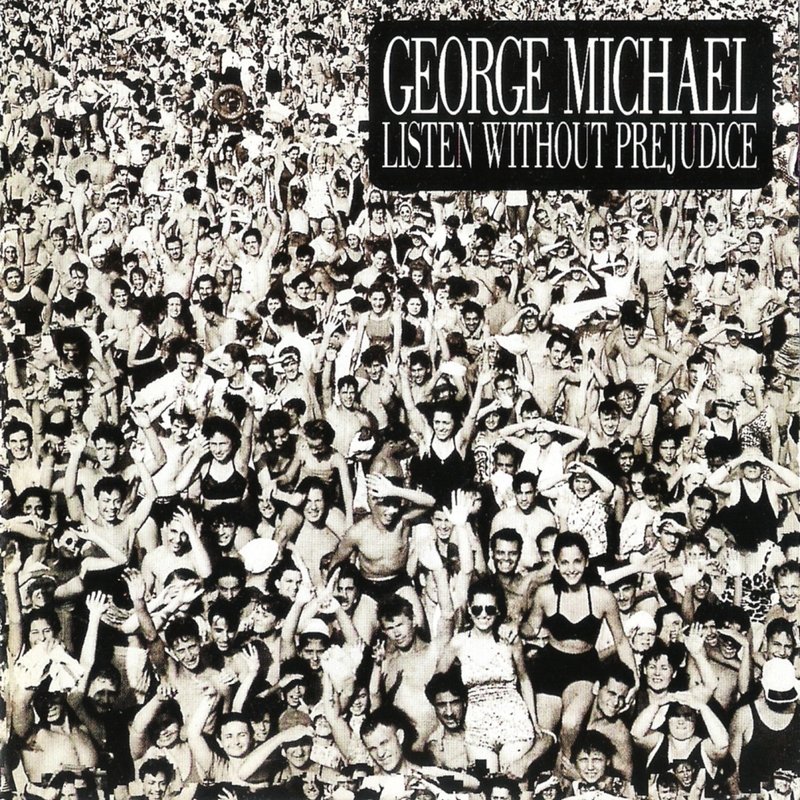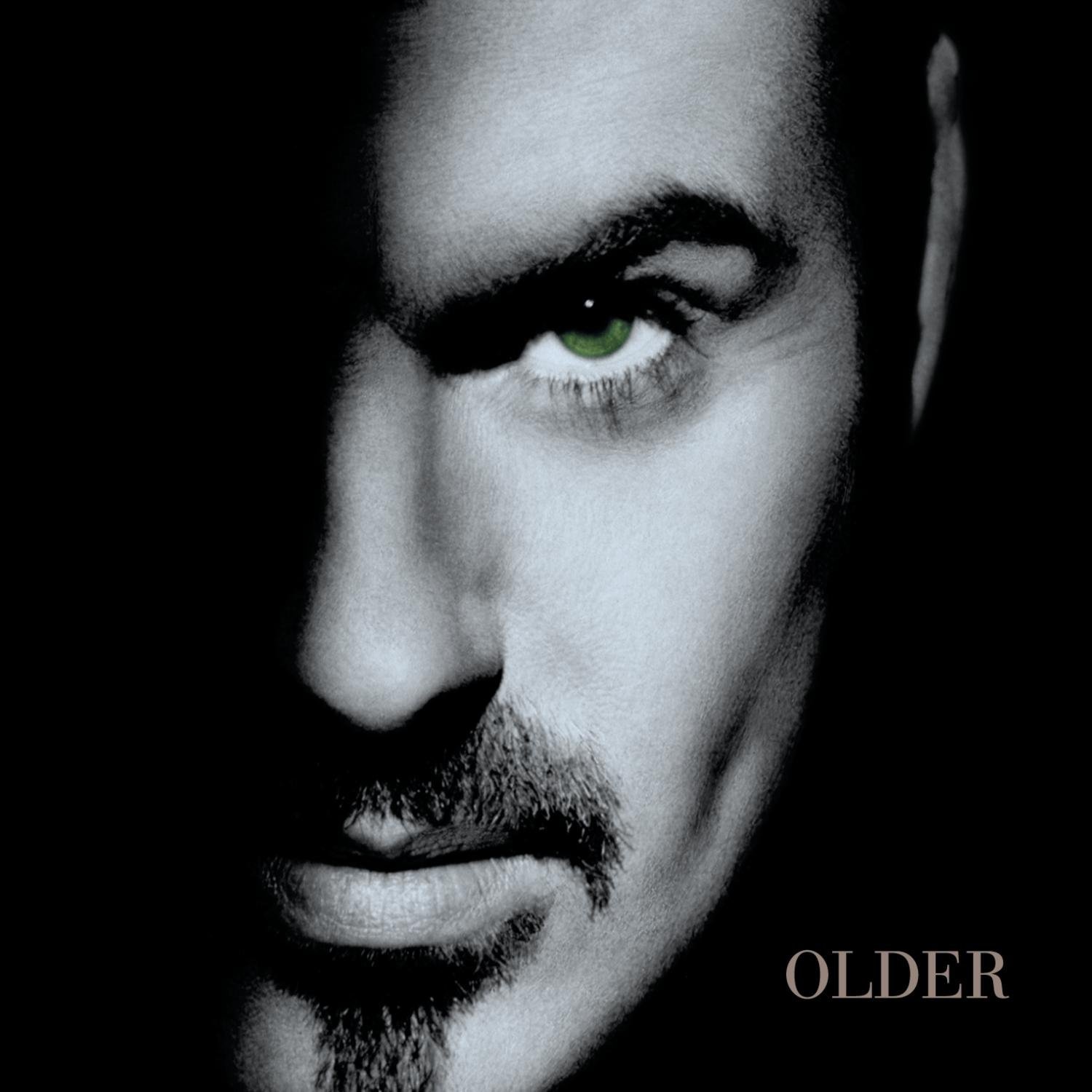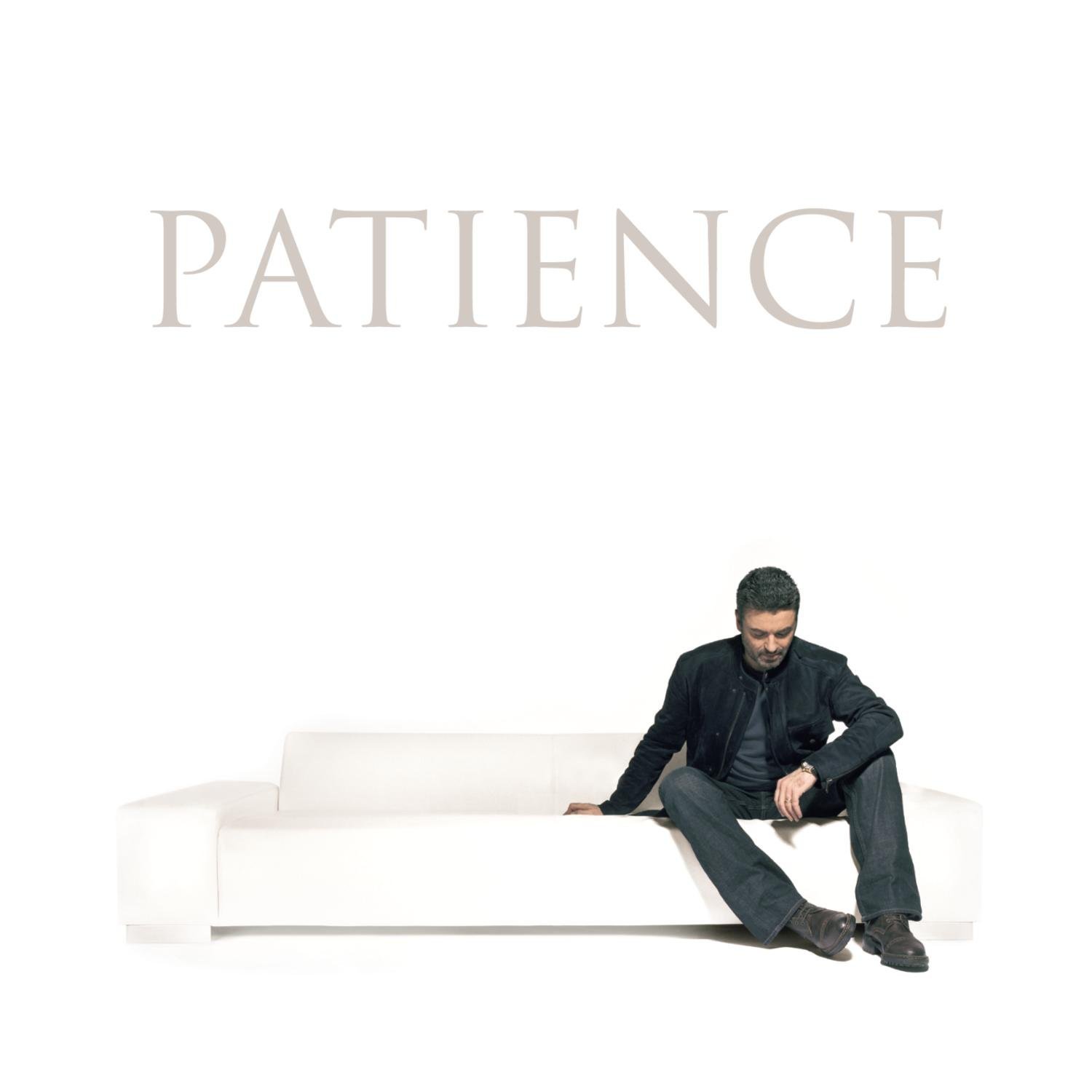Happy 35th Anniversary to George Michael’s debut solo album Faith, originally released October 30, 1987.
Musically speaking, 1987 was a year of titans. In just that 12-month span alone, Prince and Michael Jackson went head-to-head with Sign O’ the Times and Bad, albums later recognized as flashpoints in their respective careers. Then, there was the story of George Michael’s solo ascendancy. He had come to be revered and reviled as one-half of the anodyne pop pair Wham!. As has been well documented, Michael’s growing artistic restlessness came to a head with the Quiet Storm seduction of “Careless Whisper” in 1984. And while it was billed as a Wham! single, it was, for all intents and purposes, a George Michael solo affair. The sparse breadth of “A Different Corner” took this creative growth a step further.
Not long thereafter, Andrew Ridgeley and Michael parted, closing off a consistent run of charters that began with “Wham Rap! (Enjoy What You Do)” in 1982. But it was what came next that rendered “Careless Whisper” and “A Different Corner” mere pop politesse.
Faith, Michael’s first solo offering, was released in late October of 1987; as of October 2022, it sits at over 26 million units sold worldwide. Seven singles were lifted from Faith from June 1987 to November 1988—“I Want Your Sex,” “Faith,” “Hard Day,” “Father Figure,” “One More Try,” “Monkey,” and “Kissing a Fool.” All of them dominated globally and can be heard playing somewhere in the world today. Nominations and wins for GRAMMYs, American Music Awards, BRITs and Ivor Novellos were plentiful.
Additionally, Faith made Michael the first Caucasian to top the US Top Black Albums Chart, as it was then called. This happened 17 years after fellow Briton Dusty Springfield’s landmark Dusty in Memphis (1969) caused a stir on both sides of the Atlantic. Further, it was also eight years after Teena Marie (born Mary Christine Brockert) became the first white act to legitimately begin with—and be solely supported by—a black consumer base courtesy of her debut Wild and Peaceful (1979) on Motown Records.
Watch the Official Videos (Playlist):
But who can forget the visual set pieces for Faith? Their celluloid fantasies made Michael accessible to everyone, from (gay) men to (straight) women. The statistical accoutrement of Faith is deliriously endless, but don’t be distracted from the heart of the record’s purpose and ultimate triumph. Despite Michael’s deft knowledge of the “pop star playbook” in the age of MTV, he never let the music slide. He had done his homework on everyone from Stevie Wonder to Aretha Franklin, from Patrice Rushen to Prince, and it all came across in the sonics of Faith. Excusing “Look at Your Hands,” co-scripted with David Austin, Michael entered the exclusive club of “written, arranged, produced and composed by” on his debut effort.
The title track is the earworm of the 10 cuts on the LP. “Faith” stitches gospel, blues and rock together with an irrepressible hook and guitar lick so effervescent, it seems as if 35 years has barely lapsed since it jumped onto the airwaves back in 1987.
Live-based instrumentation (organic) and electro-funk tech (inorganic) principles forge a heady merger on “Hard Day,” “Monkey,” and “I Want You Sex.” The latter track is the flashiest jam on the album. Split into three parts—“Rhythm One: Lust,” “Rhythm Two: Brass in Love,” “Rhythm Three: A Last Request”—one can hear the fusion (and progression) between the synthetic and natural aesthetics, climaxing into something entirely new that pulls from both classic and modern pop and soul production idioms. It didn’t hurt that “I Want Your Sex” is danceable as fuck with a keen narrative, which opens the door toward examining Faith’s songwriting on the whole.
Michael understood the verse/bridge/chorus structure and the aforementioned “Faith” and “Monkey” evince this in their appeal to radio, but they weren’t total fluff either. The songs had words worth scanning the liner notes for, to read and ponder on. Four ballads make a sturdy case for Michael’s lyrical maturity: “Hand to Mouth,” “Father Figure,” “One More Try” and “Kissing a Fool.” “Hand to Mouth” was Michael’s first admirable stab at social commentary; he fully realized his potential with this writing avenue at length on Faith’s follow-up, Listen Without Prejudice Vol. 1 (1990).
Enjoying this article? Click/tap on the album covers to explore more about George Michael:
The remaining trio of ballads have Michael opening the door on his sexuality, albeit slyly. The careful usage of certain pronouns is key to mask overtness, as needed. However, the sensitivity, darkness and humanity channeled by Michael’s tactile vocal performance in “One More Try” reveal the undeniable source of autobiographical gay romance (and heartbreak). As a result, Michael was soundtracking an entire generation of young gay men having similar experiences: “I've had enough of danger / And people on the streets / I'm looking out for angels / Just trying to find some peace / Now I think it's time that you let me know / So if you love me, say you love me / But if you don't just let me go / 'Cause teacher there are things that I don't want to learn / And the last one I had made me cry / So I don't want to learn to / Hold you, touch you, think that you're mine / Because it ain't no joy / For an uptown boy / Whose teacher has told him goodbye, goodbye, goodbye…”
There is a very human story about George Michael’s own journey toward his eventual self-acceptance that lies at the heart of the legend of Faith. Those steps in his journey were assisted by his love of both pop and R&B music as an outlet for him. By striking an authentic balance between the two genres, he eschewed the vanity of affectation and was driven by humble admiration instead. This ensured the record’s appeal to two audiences without forsaking one (white) or patronizing another (black), and that’s a legacy worth leaving behind.
LISTEN:
Editor's note: this anniversary tribute was originally published in 2017 and has since been edited for accuracy and timeliness.





